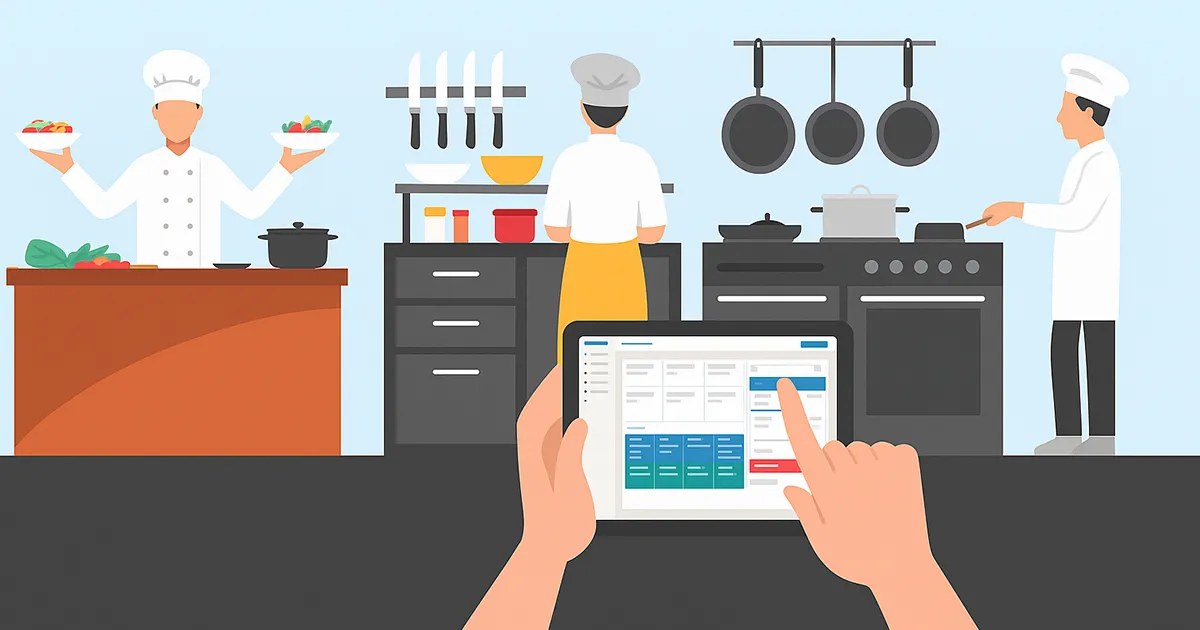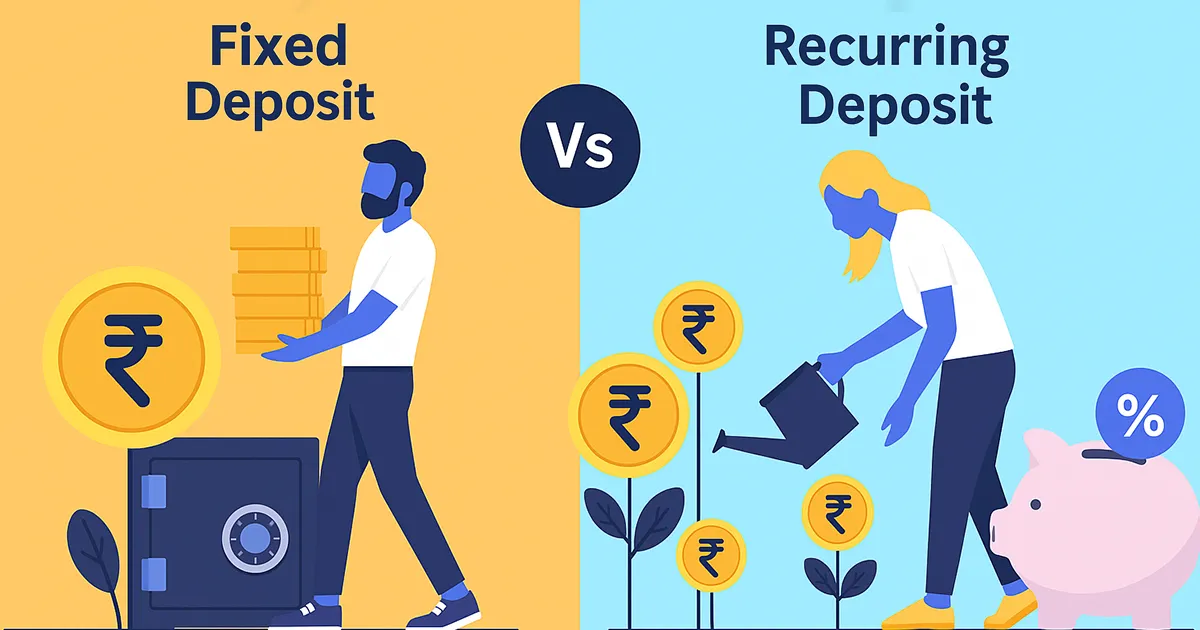
The question comes up often: is one bank account enough, or should you have several? The way people handle their money today is very different from how it was even a few years ago. With digital banking, instant transfers, multiple payment apps, and auto-debits, many people are reconsidering how they structure their bank accounts.
The answer isn’t the same for everyone. Some people do well with just one account, while others find multiple accounts make their financial life more organized, safe, and efficient.
In this article, we’ll break it down in simple terms, look at different situations, and help you decide how many bank accounts you actually need.
The way you split your money between bank accounts can directly affect how well you handle your finances.
When everything sits in one account, it’s harder to track what’s saved, what’s spent, and what’s set aside for bills. You may feel like you have more money than you actually do — leading to overspending.
Having multiple accounts, when done properly, can bring:
It’s not about having many accounts just for the sake of it — it’s about using them as tools to stay organized.
For some people, simplicity works best.
If your income is fixed, expenses are predictable, and you don’t like juggling too many logins or cards — one bank account might be enough.
Benefits of a single account:
Who is this good for?
But the problem starts when you have multiple financial goals, credit cards, investments, or side businesses — then one account may feel too crowded and messy.
Now let’s talk about why many people today prefer multiple bank accounts. It’s not about being complicated — it’s about having better control.
Here’s why:
Simply put: multiple accounts = better financial discipline if managed properly.
Learn why keeping your emergency fund in a separate account is so important— Emergency Fund: Why You Must Keep It in a Separate Account.
Having multiple accounts doesn’t mean you need to open accounts in every bank. That’s not necessary, and honestly, it will only create more confusion.
The goal is simple:
Separate your money by purpose, not by number of banks.
You don’t need 5-6 accounts — for most people, 2 or 3 well-chosen accounts are more than enough.
Here’s how to think about it:
Not sure where to save for short-term goals? Check this — Fixed Deposit vs Recurring Deposit: Which One Grows Your Money Better for Long-Term Goals?
Not always. You can easily manage with 2 or 3 accounts, even in the same bank, if they offer good services.
But sometimes using different banks helps because:
So, choose banks based on your personal needs. You don’t need 5 banks. Just 2-3 carefully selected ones will serve you better, keep things simple, and help you stay financially organized.
While multiple bank accounts can help you manage money better, there are some mistakes people often make. Avoiding these mistakes can make managing your money much easier:
Keep it simple: open only the accounts you truly need and review them once in a while to see if they still serve a purpose.
Let’s keep it very simple:
| Type of Person | Ideal Number of Accounts |
|---|---|
| Salaried Employee | 2 accounts (Salary + Savings) |
| Freelancer/Side Hustler | 3 accounts (Income + Savings + Business) |
| Business Owner | 3 or 4 accounts (Business Income + Personal + Savings + Emergency) |
| Retired / Senior Citizen | 1 or 2 accounts (Pension + Savings) |
You don’t need more than this. The key rule: Every account should have a purpose.
If an account has no clear role, you probably don’t need it.
There’s no magic number that works for everyone. The right number of bank accounts depends on your lifestyle, income sources, financial goals, and how comfortable you are managing them.
In most cases, having just 2 or 3 properly managed accounts works best.
In short:
Keep it simple. Keep it clear. Keep it purposeful.
When your money is properly organized, you stay in control — and that’s the real goal of personal finance.
Share with like-minded people!
Lorem Ipsum is simply dumy text of the printing typesetting industry lorem.

Marketing your cloud kitchen isn't just about discounts. This guide shows you how to build brand visibility, attract loyal customers, and drive consistent growth even in competitive delivery markets.

Before your cloud kitchen starts taking orders, you need more than just great food. This complete legal and financial checklist helps you secure licenses, handle taxes, set up accounts, and avoid the most common mistakes that cause new kitchens to fail.

Starting a microgreens business? Don’t repeat the usual mistakes. This guide reveals why many fail—and what you can do differently to succeed.

Starting a microgreens business? Don’t repeat the usual mistakes. This guide reveals why many fail—and what you can do differently to succeed.

Starting a microgreens business? Don’t repeat the usual mistakes. This guide reveals why many fail—and what you can do differently to succeed.

Starting a microgreens business? Don’t repeat the usual mistakes. This guide reveals why many fail—and what you can do differently to succeed.